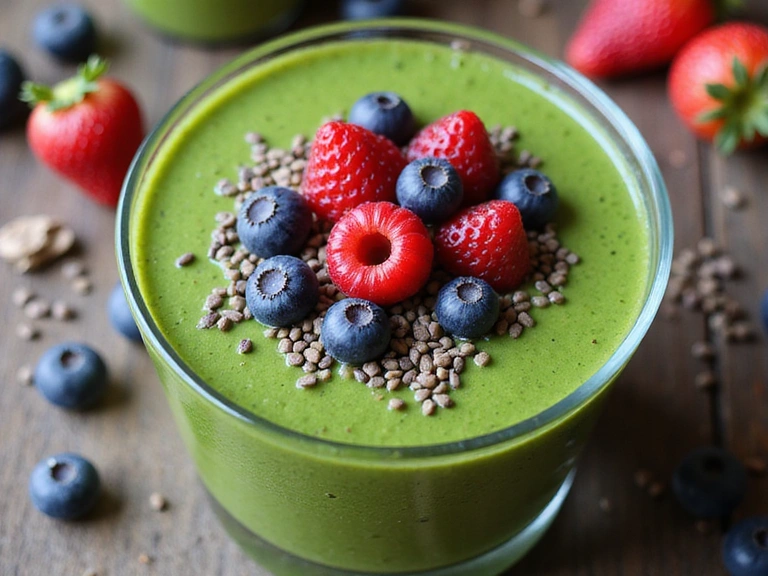-
How to choose the right supplement for your needs?
-
Choosing the right supplement can be overwhelming with the vast array of options available. Start by identifying your specific health goals – whether it's boosting energy, improving digestion, or supporting joint health. Consult with a healthcare professional to assess any deficiencies and understand potential interactions with existing medications. Always look for third-party tested products with transparent ingredient lists and avoid proprietary blends. Research the brand's reputation and read customer reviews to ensure quality and efficacy. Remember, supplements are meant to complement a balanced diet, not replace it.
-
Skincare routine basics: achieving a healthy glow.
-
A consistent skincare routine is fundamental for a healthy, glowing complexion. Begin with a gentle cleanser to remove impurities without stripping natural oils. Follow with a toner to balance pH levels and prepare your skin for subsequent products. Serums, packed with active ingredients, target specific concerns like hydration or anti-aging. Always apply a moisturizer to lock in hydration. Finish with a broad-spectrum SPF during the day to protect against sun damage. Exfoliate 2-3 times a week to remove dead skin cells and promote cell turnover. Listen to your skin and adjust products as needed.
-
Boosting your energy levels naturally.
-
Feeling sluggish? There are many natural ways to boost your energy. Prioritize quality sleep by establishing a consistent sleep schedule and creating a relaxing bedtime routine. Incorporate regular physical activity, even short walks, to improve circulation and mood. Fuel your body with nutrient-dense foods, focusing on whole grains, lean proteins, and plenty of fruits and vegetables. Stay hydrated throughout the day. Manage stress through mindfulness, meditation, or spending time in nature. Limit caffeine and sugar, which can lead to energy crashes.
-
Understanding gut health and its impact on overall well-being.
-
Your gut, often called the "second brain," plays a pivotal role in more than just digestion. A healthy gut microbiome influences your immune system, mood, and even cognitive function. To support gut health, consume a diverse range of fiber-rich foods, including fruits, vegetables, and whole grains. Incorporate fermented foods like yogurt, kimchi, and sauerkraut, which are rich in probiotics. Limit processed foods, artificial sweeteners, and excessive sugar intake. Stress management and adequate sleep also contribute significantly to a balanced gut.
-
The importance of regular physical activity.
-
Regular physical activity is a cornerstone of a healthy lifestyle, offering benefits far beyond weight management. It strengthens your heart and lungs, improves bone density, reduces the risk of chronic diseases, and boosts mental health by releasing endorphins. Aim for at least 150 minutes of moderate-intensity aerobic activity or 75 minutes of vigorous-intensity activity per week, along with muscle-strengthening exercises on two or more days. Find activities you enjoy to make it a sustainable part of your routine.









